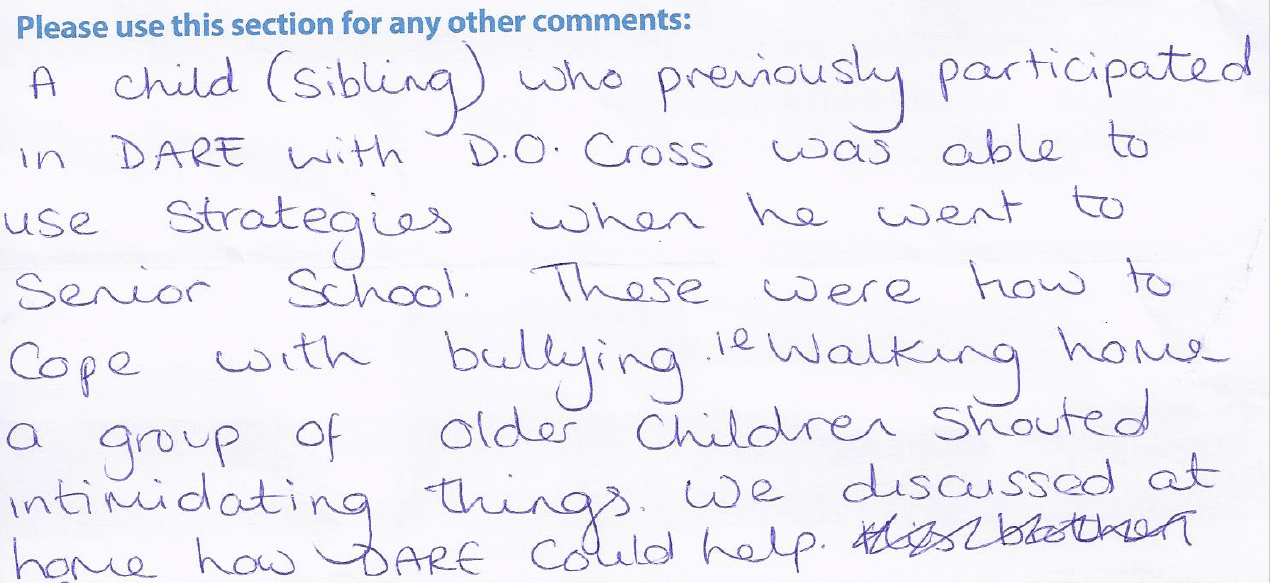We continually monitor and evaluate
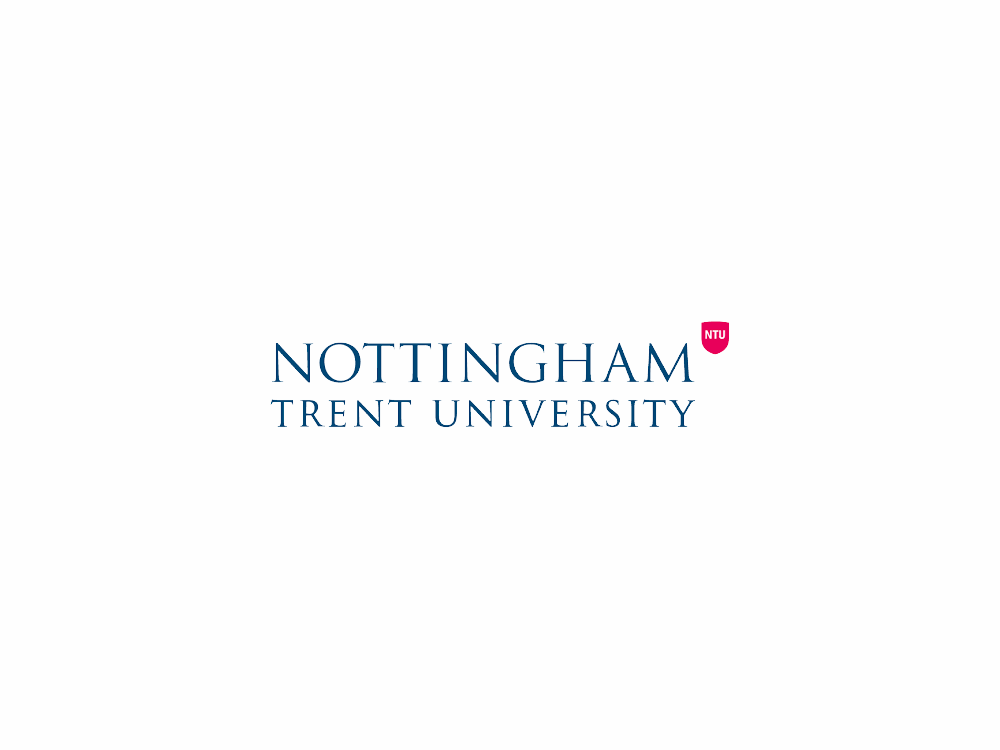
Carried out by NTU
Evaluating Life Skills Courses – 100% independent, undertaken in 56 schools, across 78 classes with just over 1500 pupils.
The evaluation team developed an online questionnaire to assess baseline and post course knowledge, skills and behaviour and was applied by independent invigilators.
Life Skills Education Charity take great care in the creation of its programmes to ensure that they meet the recommended standards for drug and life skills education in the UK. To this end evaluating life skills programmes is a key part of what we do.
We ensure that our products follow the International Standards first set out by the United Nations Office on Drugs and Crime (UNDOC).
These standards are intended to enable commissioners and policy makers to have confidence that a product is based on the ‘common characteristics of interventions and policies that have been found to yield positive outcomes’ (UNDOC International Standards on Drug Use Prevention 2012).
These standards are promoted and used by mentor-ADEPIS in their publication ‘Quality standards for effective alcohol and drug education’, March 2014.
Evaluating Life Skills Programmes in 2017
The 2017 versions of the DARE Primary Programme and subsequently DARE 25 and the current Life Skills Primary programme in the UK, have all been created with an emphasis on meeting these standards.
This will always apply to all life skills programme that we have and will develop.
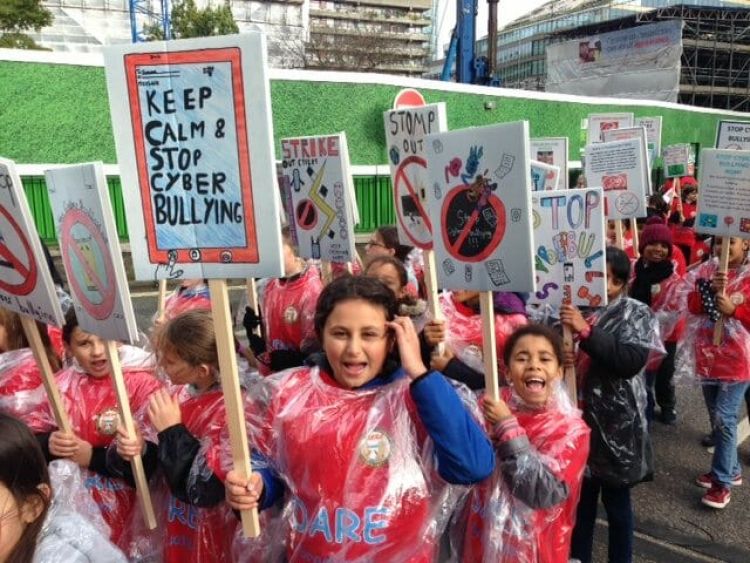
Evaluating Life Skills Programmes
Working with the Police and Crime Commissioners Office in Nottinghamshire and the College of Policing who invested with us, we undertook the largest randomised control sample evaluation of Drug and Alcohol education that has been done in the UK. The report on our Primary programme was launched in the UK on the 29th September 2016, published by Professor Andromachi Tseloni of Nottingham Trent University and Dr Emily Evans of Nottingham University, a summary of the report can be found here.
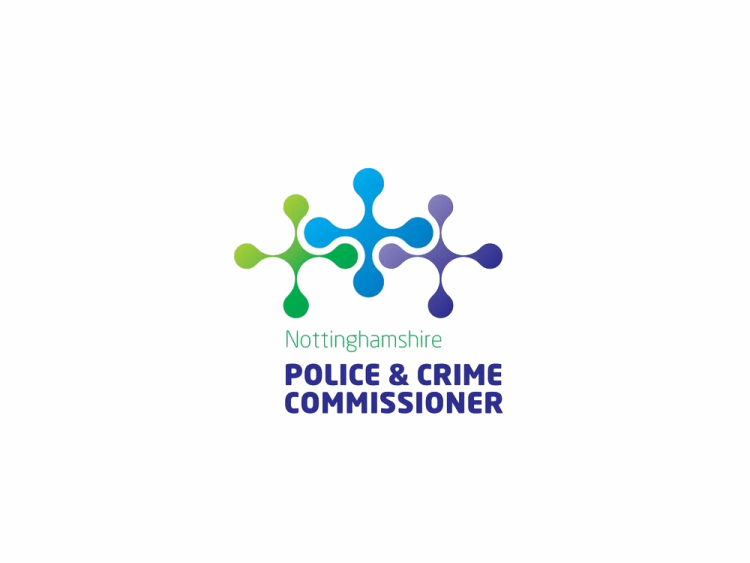
This randomised control trial is 100% independent and was undertaken in 56 schools, across 78 classes with just over 1500 pupils. The evaluation team developed an online questionnaire to assess baseline and post course knowledge, skills and behaviour and was applied by independent invigilators in those classes in September and December 2015. The results from this evaluation showed a statistically significant positive effect of the Primary Programme on the following outcomes:
- Increase knowledge surrounding drugs, alcohol and substance abuse
- Making safe and responsible choices
- Communication and listening
- Getting help from others.
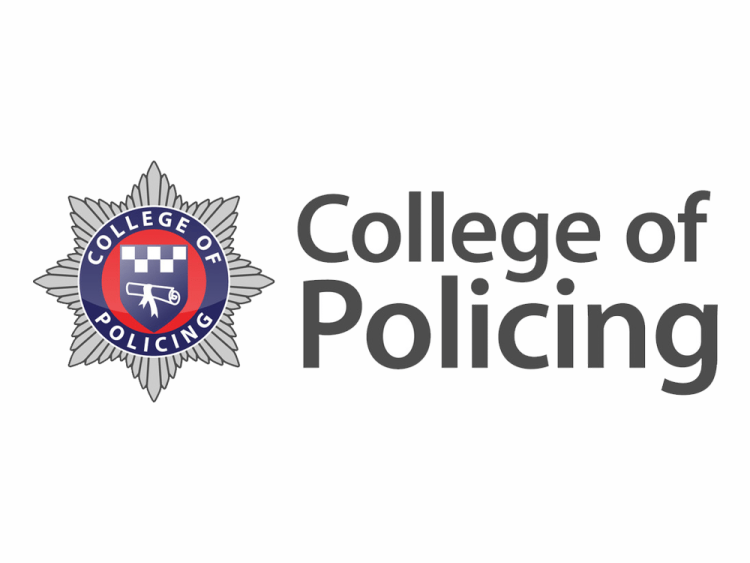
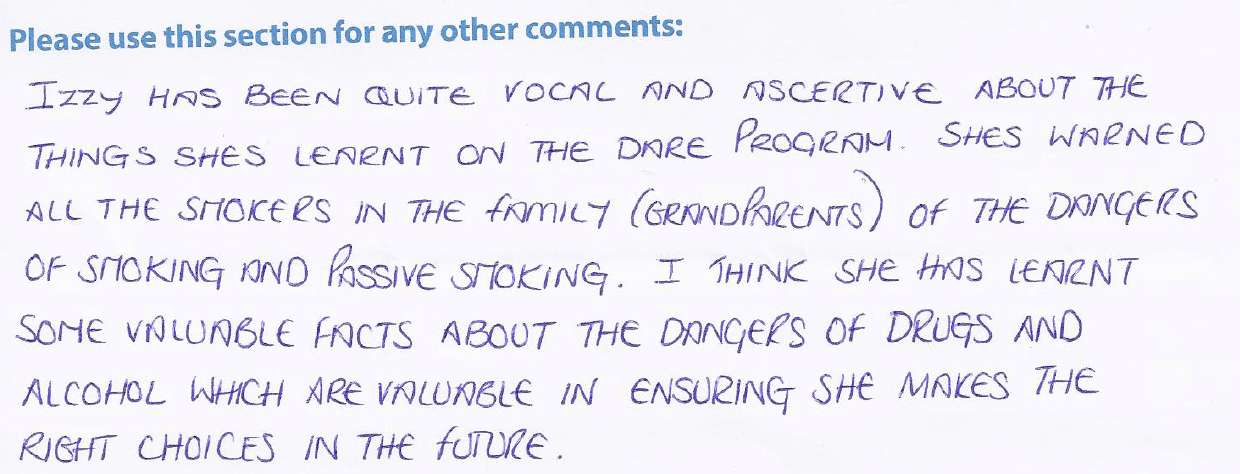
‘Ensuring she makes the right choices’
An independent study of the Primary Programme focused on the City of London was undertaken in 2013 and shows extremely positive outcomes. We also work in close collaboration with Nottinghamshire County Council’s strategic analytical unit who review the D-Vibe data from the schools in the County and they consistently report improved resilience scores of pupils having received the Primary programme.
We continue to receive pupil, parent and teacher feedback forms by post which are overwhelmingly positive and the live unfiltered results of our online Quality Standards survey (developed in line with the mentor-ADEPIS standards) which we ask teachers to complete can be found on the following page: Life Skills Primary Quality Standards Results.
‘We discussed at home how DARE could help’
